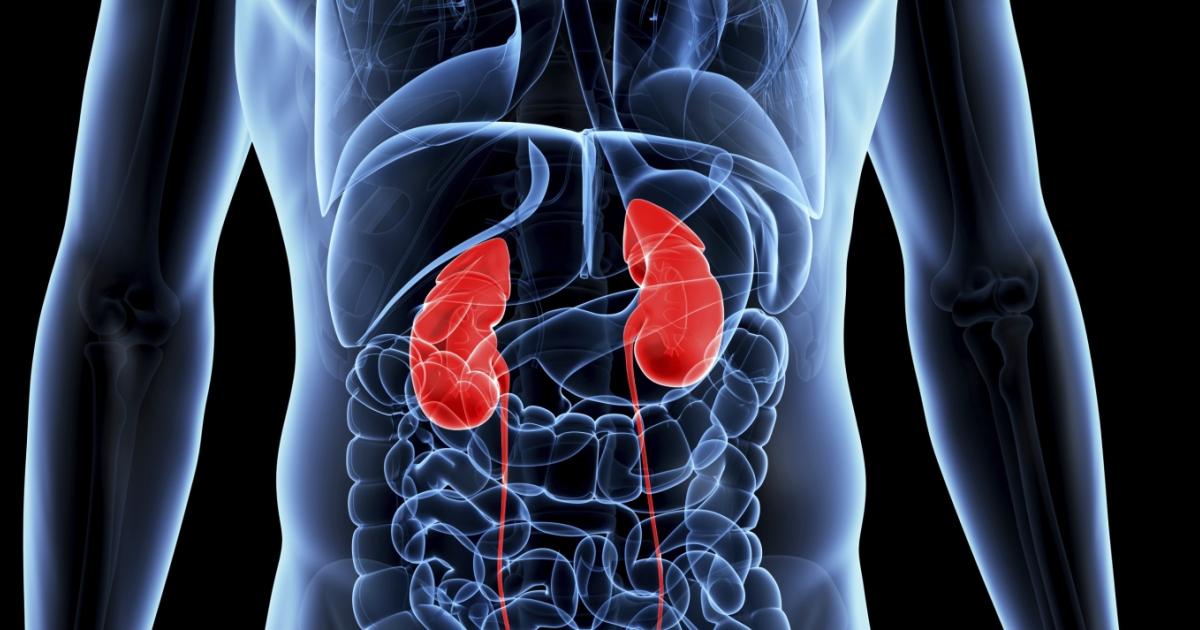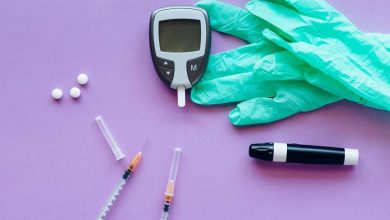Kidney health is fundamental to overall well-being, with these vital organs playing a critical role in maintaining fluid balance, filtering waste, and regulating blood pressure. This article delves into the importance of kidney health, exploring the functions of the kidneys and the potential consequences of kidney failure. From discussing preventive measures and healthy lifestyle choices to shedding light on the causes and stages of kidney failure, this article provides a comprehensive understanding of kidney health and the significance of early detection and management.
Introduction: The kidneys, often underappreciated, are indispensable for maintaining internal balance and health. This article underscores the pivotal role of kidneys in the body’s functioning and offers insights into the implications of kidney failure.
Understanding Kidney Function:
- Filtration and Waste Removal: Detailing how kidneys filter blood to eliminate waste products and excess fluids from the body.
- Electrolyte Balance: Exploring the kidneys’ role in maintaining electrolyte and mineral balance, critical for nerve and muscle function.
- Blood Pressure Regulation: Discussing the kidneys’ influence on blood pressure through the renin-angiotensin-aldosterone system.
Promoting Kidney Health:
- Hydration: Emphasizing the importance of staying well-hydrated to support kidney function and prevent kidney stones.
- Healthy Diet: Highlighting the benefits of a balanced diet rich in fruits, vegetables, whole grains, and lean proteins.
- Salt Intake: Advising on moderate salt consumption to prevent hypertension and reduce the strain on the kidneys.
- Regular Exercise: Exploring the positive impact of physical activity on kidney health and overall cardiovascular fitness.
- Moderate Alcohol Consumption: Discussing the role of limiting alcohol intake in promoting kidney health.
Kidney Failure: Causes and Stages:
- Chronic Kidney Disease (CKD): Detailing the common causes of CKD, such as diabetes, hypertension, and glomerulonephritis.
- Acute Kidney Injury (AKI): Exploring the sudden and often reversible decline in kidney function due to factors like dehydration or medication.
- End-Stage Renal Disease (ESRD): Discussing the advanced stage of kidney failure requiring dialysis or transplantation.
Symptoms and Detection:
- Early Warning Signs: Identifying common symptoms of kidney dysfunction, including fatigue, swelling, changes in urination, and back pain.
- Diagnostic Tests: Discussing blood tests, urine analysis, and imaging methods used to diagnose kidney conditions.
Treatment and Management:
- Lifestyle Modifications: Emphasizing the role of healthy habits, dietary changes, and exercise in managing kidney disease.
- Medications: Detailing medications used to manage blood pressure, control blood sugar, and treat underlying conditions.
- Dialysis and Transplantation: Exploring the options of dialysis and kidney transplantation for individuals with advanced kidney failure.
Prevention and Awareness:
- Regular Health Checkups: Encouraging routine medical checkups to monitor kidney health and detect potential issues early.
- Public Awareness: Advocating for education campaigns to increase awareness about kidney health and its importance.
Kidney health is an integral component of overall wellness, with the kidneys performing crucial functions that impact various bodily systems. Understanding the significance of kidney health, adopting preventive measures, and recognizing the signs of kidney dysfunction can empower individuals to take proactive steps in maintaining optimal kidney function. By prioritizing healthy lifestyle choices and regular checkups, individuals can contribute to the prevention of kidney diseases and ensure their longevity and well-being.
Nurturing Kidney Health: A Holistic Approach to Maintaining Optimal Renal Function
Kidney health is paramount to our overall well-being, as these remarkable organs perform essential functions vital for maintaining internal balance. This article explores a holistic approach to preserving and enhancing kidney health through lifestyle choices, dietary considerations, hydration, and regular check-ups. By understanding the intricacies of kidney function and adopting proactive measures, individuals can take charge of their renal health and pave the way for a vibrant and fulfilling life.
Introduction: The kidneys, often referred to as the body’s natural filters, play a pivotal role in maintaining fluid balance, eliminating waste, and supporting various bodily functions. This article underscores the significance of nurturing kidney health and offers insights into practical steps to promote optimal renal function.
Understanding Kidney Function:
- Filtration and Waste Removal: Detailing how the kidneys filter blood to remove waste products and excess fluids, ensuring toxin-free circulation.
- Fluid and Electrolyte Balance: Exploring the kidneys’ role in maintaining proper fluid levels and electrolyte concentrations, critical for nerve and muscle function.
- Blood Pressure Regulation: Discussing the kidneys’ influence on blood pressure regulation and its implications for cardiovascular health.
Hydration: The Foundation of Kidney Health:
- Importance of Hydration: Highlighting the crucial role of adequate hydration in promoting kidney health and supporting optimal filtration.
- Signs of Dehydration: Identifying common indicators of dehydration and its potential impact on kidney function.
- Healthy Fluid Intake: Advising on maintaining a steady intake of water and other hydrating beverages throughout the day.
Nutrition and Diet: Nourishing Kidneys:
- Balanced Diet: Emphasizing the significance of a balanced diet rich in fruits, vegetables, whole grains, lean proteins, and healthy fats.
- Sodium Moderation: Discussing the importance of limiting sodium intake to prevent hypertension and reduce stress on the kidneys.
- Limiting Processed Foods: Exploring the impact of processed foods on kidney health due to their high salt and preservative content.
Maintaining Healthy Lifestyle Habits:
- Regular Physical Activity: Detailing the positive effects of exercise on kidney health, including improved circulation and reduced risk of chronic diseases.
- Managing Weight: Discussing the role of maintaining a healthy weight in reducing the risk of kidney-related complications.
- Avoiding Smoking and Excessive Alcohol: Highlighting the detrimental effects of smoking and excessive alcohol consumption on kidney function.
Regular Kidney Check-Ups: Proactive Monitoring:
- Routine Health Assessments: Encouraging individuals to include kidney function tests in their regular health check-ups.
- Monitoring Blood Pressure and Blood Sugar: Emphasizing the importance of managing blood pressure and blood sugar levels to support kidney health.
Stress Management and Sleep:
- Stress Reduction Techniques: Exploring relaxation methods such as meditation, deep breathing, and mindfulness to manage stress and support kidney health.
- Prioritizing Sleep: Highlighting the role of adequate sleep in promoting overall well-being and maintaining kidney function.
Preserving kidney health requires a proactive and holistic approach that encompasses hydration, balanced nutrition, physical activity, and regular monitoring. By understanding the intricacies of kidney function and adopting healthy lifestyle habits, individuals can contribute to the long-term well-being of these vital organs. Nurturing kidney health not only safeguards against potential complications but also enhances the quality of life, enabling individuals to lead vibrant, active, and fulfilling lives.


















